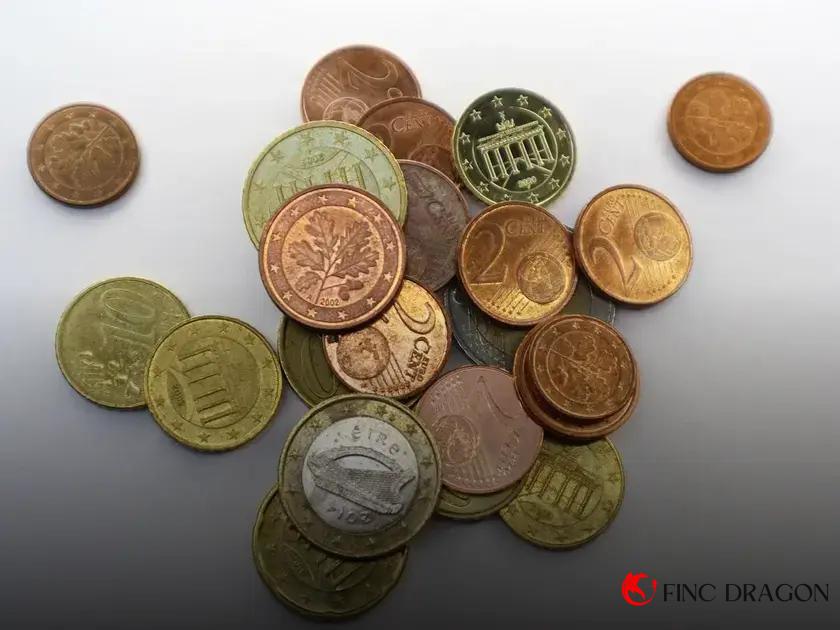5G technology is set to transform mobile banking by significantly enhancing speed and efficiency, making transactions faster and more reliable. With 5G, mobile banking apps will offer smoother and richer user experiences, capturing customers’ attention and setting new standards for customer satisfaction. This transformation will focus on leveraging high-speed connectivity to enhance security measures, protecting financial data like never before. 5G will also act as a catalyst for financial innovations, introducing cutting-edge features that redefine banking convenience and safety.
Enhanced Speed and Efficiency
The introduction of 5G technology is set to dramatically enhance the speed and efficiency of mobile banking transactions by 2024. With up to 100 times faster data transfer rates compared to 4G, users can expect near-instantaneous updates when checking their accounts or making transactions. This improved speed will facilitate smoother, more seamless banking experiences, making it possible for complex data analyses and financial operations to be conducted in real-time.
Additionally, the increased network capacity of 5G supports more users and devices without sacrificing performance, thus increasing banking app responsiveness even during peak hours. This means that, regardless of how many people are accessing the banking system simultaneously, the service remains quick and reliable.
Latency reductions
are another crucial advantage, significantly decreasing the delay time in processing mobile banking services, which is crucial for time-sensitive operations such as stock trading or currency exchange.
Moreover, mobile banking apps can leverage 5G’s reliability to provide enhanced features like real-time alerts and notifications, more interactive user interfaces, and faster syncing with financial instruments, which can transform the user’s ability to manage finances effectively. This efficiency not only improves user satisfaction but also encourages the broader adoption of digital banking services. Ultimately, the synergy between enhanced speed, reduced latency, and increased capacity makes 5G an ideal technology to support the growing demands of mobile banking applications in 2024.
Revolutionizing Customer Experience

The integration of 5G technology is set to revolutionize the customer experience in mobile banking by dramatically enhancing the way users interact with apps and services. As 5G networks promise speeds up to 100 times faster than 4G, customers can expect instant access to banking services without any lag or delay. This will greatly improve satisfaction as users enjoy seamless transactions and efficient communication with their financial institutions.
Moreover, 5G technology will facilitate more interactive and personalized customer experiences through augmented and virtual reality applications. Interactive banking discussions conducted via AR interfaces in mobile apps can make customer support more engaging and effective.
The increased bandwidth and reduced latency of 5G will also pave the way for real-time data analytics, enabling banks to offer tailored financial advice and solutions promptly. This personalized approach encourages trust and loyalty, fostering a deeper connection between banks and their clients.
Furthermore, 5G’s capacity for supporting a massive number of connected devices will enhance the functionality of smart banking applications. Users will be able to integrate their banking apps with various IoT devices, providing an enriched, unified financial management experience.
With the ability to handle high-quality video streaming, financial institutions can offer advanced features like video chat assistance directly within mobile banking apps, providing a more humanized customer service experience right at the fingertips of users.
By increasing accessibility and convenience, 5G technology will empower customers to make more informed decisions with ease, ultimately fostering a more proactive approach to personal finance through enhanced user experiences.
Improving Security Measures
One of the most significant benefits of 5G technology is its potential to enhance security measures in mobile banking. With faster and more reliable connections, banks can implement more sophisticated encryption algorithms and authentication protocols. This transformation allows for real-time threat detection, enabling immediate responses to unauthorized activities.
5G’s low latency and high bandwidth support seamless integration with advanced biometric authentication methods. Banks can efficiently use facial recognition, fingerprint scanning, and voice identification to bolster security. This makes fraudulent access attempts more challenging and user data more secure.
The high-speed connectivity inherent to 5G facilitates continuous monitoring of suspicious activities. Banks can deploy advanced analytics and machine learning models to analyze transaction patterns and detect anomalies with greater accuracy. This proactive approach minimizes the risk of security breaches, protecting both institutions and customers.
Furthermore, 5G technology supports secure mobile applications by enhancing Virtual Private Networks (VPNs) and app communication protocols. These improvements ensure that online and peer-to-peer transactions remain protected from potential cyber threats.
The Future of Financial Innovations

The rapid advancement of financial innovations is set to redefine the banking landscape as we know it. With 5G technology on the horizon, the potential for transformation in mobile banking becomes more apparent. This cutting-edge technology is poised to offer unprecedented speeds and connectivity, which will lead to novel innovations in the financial sector.
One of the most significant impacts will be the integration of blockchain technology with mobile banking platforms. The combination of blockchain’s security features with 5G’s speed will create a secure and efficient framework for transactions, making processes smoother and more reliable. Additionally, the use of artificial intelligence (AI) will also be heightened, as 5G enables faster processing of complex algorithms in real-time. AI will help banks provide tailored financial solutions to customers, enhancing decision-making processes with predictive analytics.
Furthermore, financial innovations will focus on personalization. With the enhanced capabilities of 5G, banks can offer personalized banking experiences through data-driven insights, ensuring that customers receive the best solutions matched to their individual needs. This will not only improve satisfaction but also foster stronger customer-bank relationships.
Edge computing is another development poised to benefit from 5G. By processing data closer to the source, banks can offer faster response times, minimizing latency in decision-making and transactions. This is crucial for real-time services such as stock trading, where milliseconds can make a significant difference.
In terms of service delivery, the future of financial innovations will see a greater emphasis on technology-driven solutions. Banks will likely develop apps and services that leverage 5G technology to provide seamless, on-the-go solutions that cater to the fast-paced lifestyle of modern consumers. These innovations are expected to enhance user engagement and offer a more comprehensive suite of banking services, directly accessible from mobile devices.





